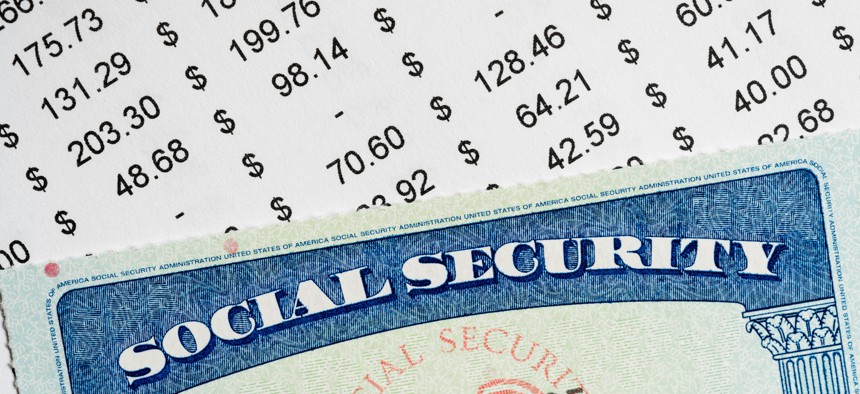
BackyardProduction/Getty
Social Security Facts and Myths
How much do you know about these key retirement benefits?
About 66 million people, or about one in every five United States residents, collect Social Security benefits every month. The total monthly payout is $111 billion. Payroll taxes cover more than $1 trillion of the yearly funding for these benefits.
As it currently stands, there will be a shortfall in the Social Security trust funds in a decade. As Congress grapples with that scenario and the even more urgent crisis involving the federal debt ceiling, I thought it might be a good time to separate facts and myths about the Social Security system. Let’s see if you can spot which of the following statements are true and which are false.
Money flowing into the Social Security trust funds is invested in U.S. government securities. Without legislation to restore long-range solvency of the trust funds, these securities would need to be redeemed before they reach maturity. Therefore the trust funds amount to mere IOUs.
Myth: According to the Social Security Administration, the trust funds are backed by the full faith and credit of the federal government. The special-issue securities are as safe as U.S. savings bonds or other government financial instruments.
It is possible to secure Social Security if Congress makes changes to reduce or eliminate the long-term financing shortfall.
Fact: The Social Security Administration’s Office of the Chief Actuary issued a report in February that details potential changes to the program, along with their financial impact. Congress can choose from among the provisions to put together a plan to restore financial stability to the trust funds. Categories of provisions include cost-of-living adjustments, level of monthly benefits, retirement age, benefits for family members and payroll taxes.
Social Security benefit payments will stop being paid unless changes are made to strengthen the trust funds by 2033.
Myth: It’s true that the Old Age and Survivors Insurance Trust Fund will only be able to pay 100% of total scheduled benefits until 2033. At that time, unless Congress takes action, the fund's reserves will become depleted. But continuing income will be sufficient to pay 77% of scheduled benefits. So payments wouldn’t stop entirely.
The last major amendments to Social Security were passed in 1983, and the trust funds were expected to be secure until the late 2050s.
Fact: On April 20, 1983, President Reagan signed Social Security reform legislation, which Congress had passed with large bipartisan majorities. The legislation was passed just in the nick of time before SSA would have been required to begin cutting benefits in July 1983. Although the changes were predicted to protect benefits for the next 75 years, economic and demographic changes have shaved 25 years off that prediction.
Social Security has operated longer than the Defense and Education departments and the CIA. It’s almost 20 years older than the first interstate highway, and was adopted before six of the 27 amendments to the Constitution.
Fact: The Social Security Act was signed into law by President Franklin Roosevelt on Aug. 14, 1935.
The retirement system for federal employees was created after Social Security to provide additional benefits for government workers.
Myth: The Civil Service Retirement System was created in 1920. After Social Security was implemented, federal employees initially didn’t pay into the system, and thus couldn’t collect Social Security benefits based on their federal service.
The population of Americans 65 and older has peaked and is expected to decline in the coming years.
Myth: The number of Americans 65 and older will increase from about 58 million in 2022 to about 76 million by 2035. In 2022, there were an estimated 2.8 covered workers for every Social Security beneficiary. By 2035, SSA estimates there will be 2.3 workers for each beneficiary.







